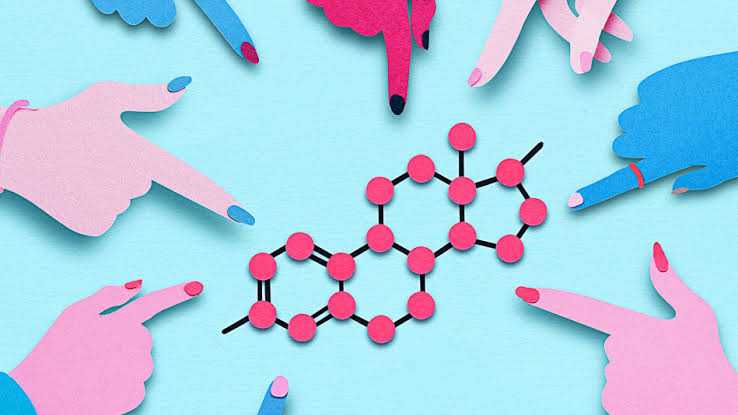Hormones are chemical messengers produced by various glands in the body, including the pituitary gland, thyroid gland, adrenal glands, pancreas, ovaries (in females), and testes (in males). Hormones are secreted directly into the bloodstream and can affect cells and organs throughout the body.
Hormones play a vital role in regulating many bodily functions, including growth and development, metabolism, sexual function and reproduction, mood, and the body's response to stress. They can also regulate other hormones and maintain balance within the body's various systems.
Examples of hormones include insulin, which regulates blood sugar levels; estrogen and progesterone, which regulate female reproductive function; testosterone, which regulates male reproductive function and development; and cortisol, which is involved in the body's response to stress. Imbalances in hormones can lead to various health problems and may require medical treatment.











Haris Khan
Delete Thought
Are you sure that you want to delete this thought?